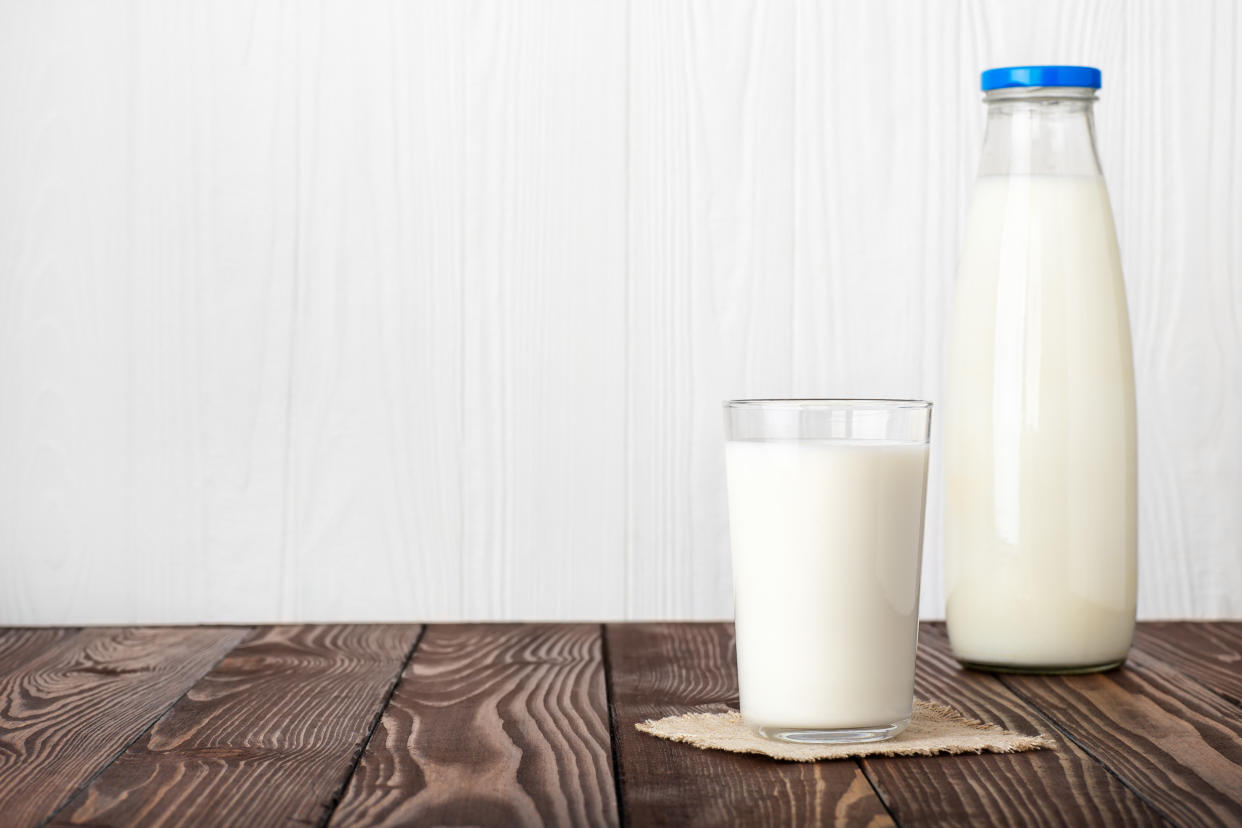Children who are allergic to cow's milk 'may not reach their growth potential'

Children who are allergic to cow's milk tend to be smaller and “may not reach their growth potential”, research suggests.
The fat in milk provides calories for growing youngsters, with the drink also being rich in essential nutrients, according to the NHS.
READ MORE: Mum's warning after son experiences extreme allergic reaction to Halloween sweets
Cow’s milk is “one of the most common food allergies to affect babies and young children in the UK”, however, “it is still rare”, Allergy UK reports.
To learn more about the risks, scientists from the Children's National Hospital in Washington DC looked at more than 100 youngsters with the allergy, who were followed for 21 years.
They found those who reacted to cow’s milk came up short on growth charts.
“Published data about growth trajectories for kids with ongoing food allergies is scarce,” lead author Dr Karen Robbins said.
“It remains unclear how these growth trends ultimately influence how tall these children will become and how much they'll weigh as adults.
“However, our findings align with recent research that suggests young adults with persistent cow's milk allergy may not reach their full growth potential.”
READ MORE: Mother falls into three-day coma after drinking Diet Coke due to severe allergy
Food allergies arise when the immune system mistakenly identifies a harmless substance, like milk, for an allergen and launches a response against it.
The most common allergy type is IgE-mediated. This occurs when the immune system produces an antibody called immunoglobulin E (IgE).
Symptoms occur a few seconds or minutes after eating, with a high risk of the life-threatening reaction anaphylaxis.
To better understand the risks, the scientists analysed the growth charts of 111 children with an IgE-mediated cow's milk allergy - and 80 with a similar nut allergy - for just over two decades.
Together, the youngsters visited a medical clinic almost 1,200 times between the ages of two and 12.
READ MORE: Woman claims her in-laws try to feed her mushrooms despite her deadly allergy
Results, published in The Journal of Allergy and Clinical Immunology, show the children who were allergic to cow's milk were shorter.
The height discrepancy was most pronounced at five-to-eight and nine-to-12 years old, but continued into adolescence.
“As these children often have multiple food allergies and other conditions, such as asthma, there are likely factors besides simply avoiding cow's milk that may contribute to these findings,” Dr Robbins said.
“These children also tend to restrict foods beyond cow's milk.”
Many youngsters grow out of allergies, according to the NHS.
Those that do not, however, made be at risk of poor growth, Dr Robbins warns.
The results come as scientists from St. Michael's Hospital in Toronto found children who drink whole milk are 39% less likely to be overweight or obese than those who consume reduced-fat alternatives.
With food allergies being incurable, the NHS states the “most effective way you can prevent symptoms” is to eliminate the offending allergen from a child’s diet.
It recommends opting for food and drinks fortified with calcium, as well as eating non-dairy items that are naturally rich in the nutrient, like green leafy vegetables and sesame seeds.


